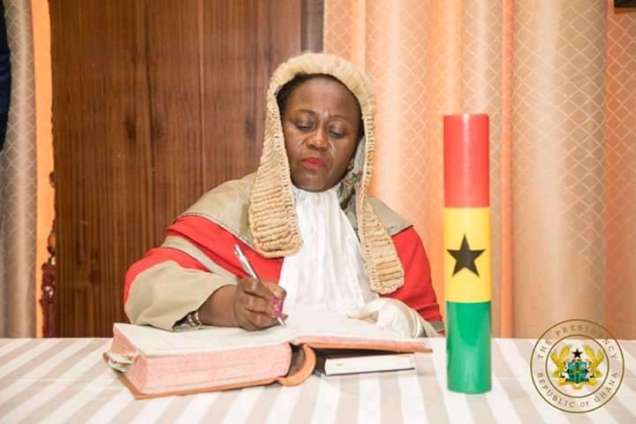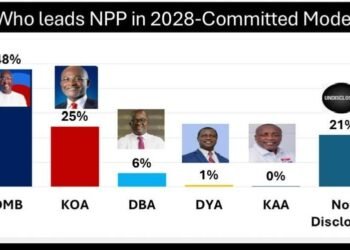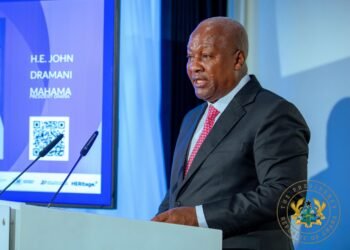Concerns over judicial independence in Ghana have intensified following President John Mahama’s decision to dismiss Chief Justice Gertrude Araba Torkornoo.
The move, according to a leading private legal practitioner, has plunged the judiciary into a state of uncertainty and fear, threatening the very foundation of Ghana’s democratic system.
Austin Kwabena Brako-Powers, a seasoned legal expert, expressed grave reservations about the dismissal, describing it as a decision with “far-reaching implications” for the country’s justice system.
Speaking about the matter, he warned that this action could erode public trust and instill fear among judges who may now feel vulnerable to political retribution.
According to Brako-Powers, the dismissal sends a troubling message to judges across the nation: any ruling that displeases the political elite could be used against them in the future.
This, he explained, creates an atmosphere of anxiety that undermines the judiciary’s ability to operate freely and independently.
“This type of political decision leads to one thing – a state of fear, and this, I shudder to say, will affect the exercise of judicial power by our judges.”
Austin Kwabena Brako-Powers
The lawyer emphasized that the judiciary functions best when its members are shielded from arbitrary removal and can carry out their duties without external pressure. However, Mahama’s decision, he said, risks dismantling these essential safeguards.
Brako-Powers further stressed that judicial independence is the cornerstone of any functioning democracy.
Without it, he warned, justice will become politicized, and citizens may lose faith in the fairness of the legal system.
“Once judges begin to believe that their jobs are tied to the whims of the Executive, then justice will no longer be blind – it will become timid,” he cautioned, pointing to the dangerous ripple effects of such a precedent.

The removal of Chief Justice Torkornoo, he explained, has set an example that future governments may follow.
If left unchecked, this could lead to a cycle of political interference in the judiciary, where judges are punished for rulings that challenge those in power.
“Today it is Chief Justice Torkornoo, tomorrow it could be any judge who stands firm in the application of the law against the political establishment.”
Austin Kwabena Brako-Powers
Call For National Action Amid Chief Justice Dismissal
In response to the unfolding crisis, Brako-Powers called on key stakeholders to take immediate action to protect Ghana’s judicial system.
He urged civil society organizations, the Ghana Bar Association, and ordinary citizens to speak out against what he views as a direct attack on judicial independence.
According to him, silence would only embolden future administrations to deepen political interference in the judiciary, further eroding its ability to serve as an impartial check on government power.
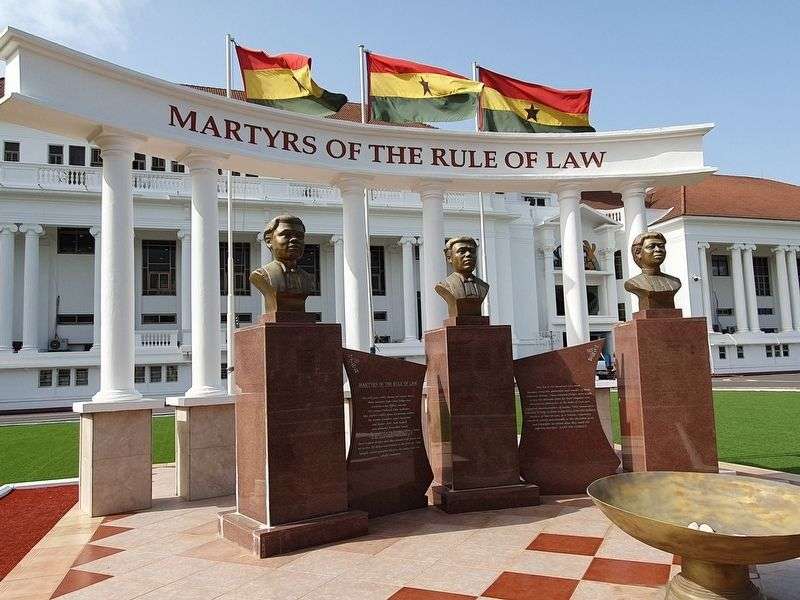
The legal practitioner also appealed to Parliament to review the constitutional provisions that govern the removal of top judicial figures.
Strengthening these laws, he said, is crucial to preventing abuse of power and maintaining the integrity of Ghana’s democratic institutions.
“The judiciary must stand as a shield for citizens. If the shield is broken or compromised, then democracy itself is at risk.”
Austin Kwabena Brako-Powers
Meanwhile, this latest development comes at a time when public confidence in Ghana’s justice system is already under strain.
Allegations of corruption, case delays, and political meddling have long fueled skepticism about whether the judiciary can truly operate independently.
Brako-Powers’ warning highlights the broader stakes of the current controversy. Suppose judges feel threatened by the possibility of dismissal.
In that case, they may become hesitant to make rulings that challenge political leaders, ultimately weakening the judiciary’s role as a check on executive power.
Legal analysts argue that this could have devastating consequences for governance and the rule of law.
Without a strong and independent judiciary, the balance of power between the executive, legislature, and judiciary risks collapsing, leaving citizens vulnerable to abuses by those in authority.
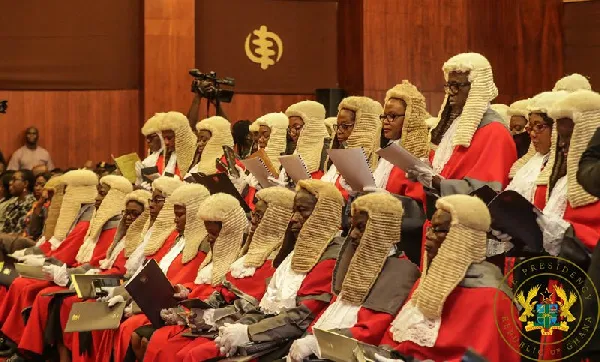
For many Ghanaians, the dismissal of Chief Justice Torkornoo raises urgent questions about how to safeguard the nation’s democratic institutions while ensuring that these institutions remain accountable to the public.
Civil society groups and legal experts are increasingly calling for reforms aimed at strengthening judicial independence and accountability, including greater transparency in the appointment and removal of judges.
As Ghana navigates this pivotal moment, the focus now turns to whether political leaders and institutions will take meaningful steps to protect judicial independence.
Brako-Powers has made it clear that the stakes are high: without decisive action, the judiciary could lose its ability to serve as a neutral guardian of citizens’ rights.
The coming months will likely determine whether this crisis becomes a turning point for reform or a warning sign of deeper democratic backsliding. For now, one thing is certain — the independence of Ghana’s judiciary hangs in the balance.
READ ALSO: Palestinian Foreign Ministry Bemoans International Community’s ‘Indifference’ To War In Gaza

